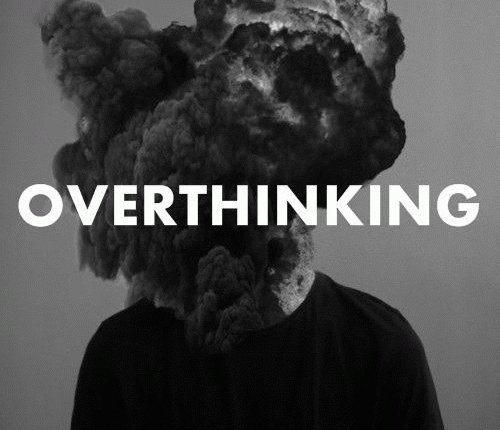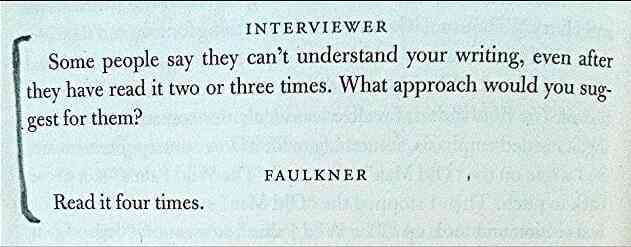Tag: productivity
-

Thinking less to do more
Rhythm builds thoughtlessness. Work can become more natural out of mechanical motion, a kind of doing without thinking. Employees can’t make one hundred sandwiches in a couple hours without silencing the monkey mind. The process of unthinking begets a chorus of action. Similarly, we can’t dribble a basketball nor soccer ball effectively while focusing on…
-
How to turn a handicap into an advantage
“A lot of what is beautiful and powerful in the world arises out of adversity. We benefit from those kind of things, but we wouldn’t wish them on each other.” Malcolm Gladwell Some people have no choice but to try harder than others because they’re handicapped. So the shorter basketball player develops quickness and anticipation…
-

Inspiration is a myth
All the inspiration exists and is equally distributed. But the ubiquity of motivational quotes and rags to riches biographies can be sheer fodder. Instead of doing the work, we get caught in the cycle of disattention. The role of the artist is the create a reality for themselves. We can’t expect to copy and paste…
-

Doing something is better than doing nothing
A lot of people never start because of the fear of imperfection. But when it comes to creating, something is better than nothing. That something could be as little as a blog post — private or public — a diary entry, a podcast, a simple doodle, or if you prefer to speak through images, an…
-

Open to detours
Open to detours, fixated with the wrath of curiosity. The single-minded goal-setter scrounges for practice. In theory, doggedness is the least path of resistance. Like sheep, we’re a magnet for jumping through hoops. But we can’t afford to put the right brain to sleep. Quiescent until unmoored from reality, the maker begs to turn pipe…
-
‘She ignored whatever did not interest her’
She ignored whatever did not interest her. With those blows she opened her days like a piñata. A hundred freedoms fell on her. She hitched free years to her lifespan like a kite tail. Everyone envied her the time she had, not noticing that they had equal time. Annie Dillard, The Maytrees A wonderful perspective…
-

Work x “Work”
There are two types of work: Work that you do for fun Work that pays the bills The first is sexy and fuels your creativity. These are typically side projects that you wish would one day turn into a long-term job that pays the bills. The second type of work is the one you do…
-
Making meaning removes meaning
Making meaning removes meaning. What we make is what we want to make. The only supervisor is ourselves. But we do need signals — something that tells us that we’re moving in the right direction. “The muse has to know where to find you.” Billy Wilder Accept professions but don’t become them Tied up in…
-
Building a prototype
Amorphous. Elastic. A concept within a concept. You can wait until you get your hands on a 3D printer to build out an idea, or you can create one now with silly putty, legos, or pen and paper. The tools are tools, and our minds fabricate the rest. Stick figures may not produce reality, but…
-
More time is better than more money 💸
Time is the most valuable asset we have, yet we often fritter away the minutes using money. Instead of walking up the mountain, we pay to take the lift. Instead of using the local train, we hop in a more expensive cab ride. Such convenience circumvents the lived experience. The most memorable experiences are the…
-

Keep them guessing
They say write to be understood. But what’s the point in spelling it all out? Said author William Faulkner in an interview with the Paris Review: INTERVIEWER Some people say they can’t understand your writing, even after they read it two or three times. What approach would you suggest for them? FAULKNER Read it four…
